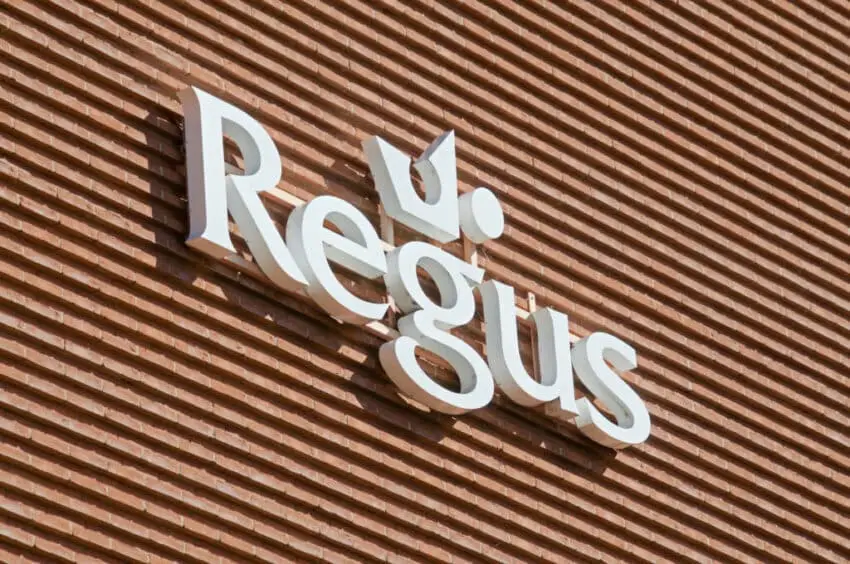Mark Dixon, founder and CEO of IWG, has sold a massive stake in the company to repay a bank loan. Despite the sale, he continues to hold a significant portion of the company.
This article delves into the details of the sale, its impact on IWG’s share price, and Dixon’s history with the company and pledged shares.
Mark Dixon’s Substantial Sale
Mark Dixon, founder and chief executive of IWG, has sold £68.5 million worth of shares. This significant sale was made to repay a bank loan from Deutsche Bank.
Though he sold a large stake, Dixon still retains a 25.2% share in the company. The shares were sold at just under 196p each through Estorn Limited, his investment vehicle.
Impact on IWG Shares
The sale by IWG’s largest shareholder caused a noticeable reaction in the market. Shares dropped by 14¼p, or 6.9%, to 192¾p during afternoon trading. It was the worst performance for the shares since March of the previous year.
Leveraging shares as collateral is a common method among wealthy entrepreneurs. Names like Elon Musk and Adam Neumann have also used this strategy for personal loans.
Background Information
Mark Dixon founded IWG in 1989. He initially started with an office in Brussels aimed at executives needing temporary office space.
The company has grown massively over the years. It now manages 3,500 offices in 120 countries.
Dixon has sold hundreds of millions of pounds’ worth of IWG shares over the years. This included a £27.5 million sale in 2005 due to a divorce settlement.
IWG’s Post-Pandemic Strategy
Post-pandemic, Dixon shifted IWG towards a ‘capital-light’ model. This involves partnerships with landlords to manage office spaces rather than owning or leasing them directly.
This strategy is similar to Marriott’s approach, where they manage hotels without owning them.
Historical Context of Pledged Shares
This isn’t the first time Dixon has pledged shares for a loan. Previously, he pledged shares in Regus for a £7.7 million loan from Merrill Lynch, which he repaid in 2009.
Prominent entrepreneurs often use their shares as collateral for loans. Larry Ellison of Oracle and Adam Neumann of WeWork are notable examples. Dixon’s latest sale heavily impacted IWG’s share value.
Impact on Personal Wealth
The latest sale leaves Dixon with a stake valued at around £490 million. The Sunday Times Rich List recently estimated his wealth at £923 million.
Despite this sale, Dixon remains one of Britain’s wealthiest individuals, ranking 177th on the list.
In conclusion, Mark Dixon’s significant sale of shares has had noticeable implications both for IWG’s share price and his personal wealth. Despite the sale, Dixon remains a key stakeholder in IWG.
This move highlights the common practice among wealthy entrepreneurs to leverage shares for personal loans, showing Dixon’s long-standing involvement in such financial strategies.

